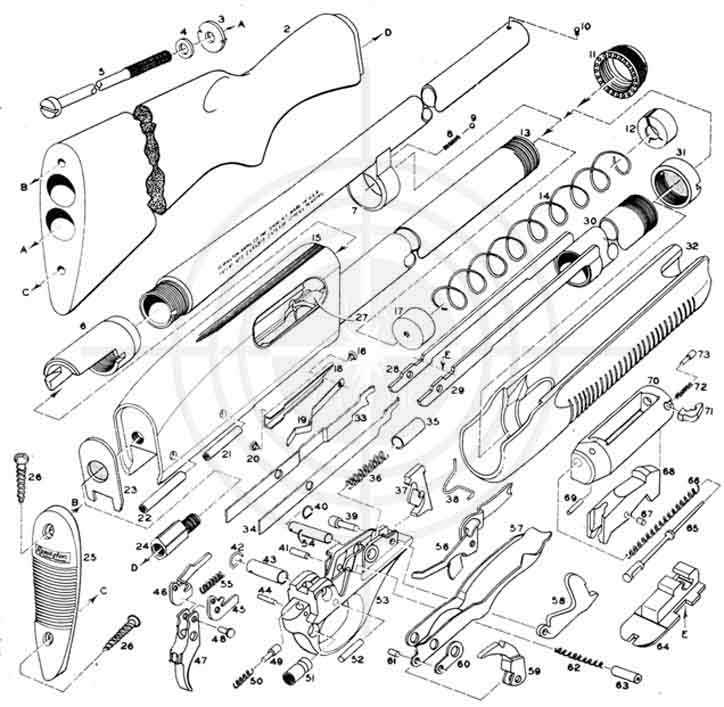
In the world of firearms, comprehending the intricate layout of individual elements is essential for both enthusiasts and professionals alike. A thorough grasp of how each component interacts can significantly enhance maintenance and repair efforts. This understanding not only ensures optimal performance but also fosters a deeper appreciation for the craftsmanship involved.
Visual representations of these assemblies serve as invaluable resources. They provide a clear view of how various elements fit together, allowing users to identify specific sections easily. Such illustrations are particularly beneficial when troubleshooting issues or undertaking modifications, as they streamline the process of locating and addressing concerns.
Moreover, familiarity with these visual guides can empower users to engage confidently in their firearm upkeep. Whether one is replacing a worn piece or simply cleaning the unit, having a reliable reference can make all the difference. Thus, mastering these layouts is a crucial step for anyone dedicated to maintaining their collection effectively.
Understanding the Stevens 320 Firearm
This section delves into the essential features and characteristics of a specific type of shotgun known for its reliability and versatility. Often favored by enthusiasts and professionals alike, this firearm is designed to meet various needs, from sport shooting to hunting. Understanding its components and functionality can enhance the overall user experience and safety.
Key Features

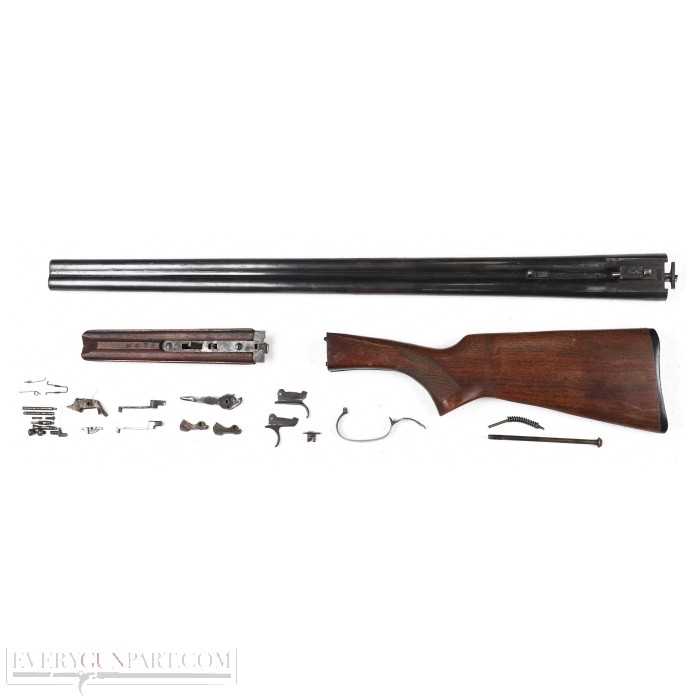
One of the standout attributes of this firearm is its user-friendly design, which allows for smooth operation and maintenance. The balanced weight distribution contributes to stability during use, making it easier to handle. Additionally, the adaptable nature of the weapon allows for customization, catering to individual preferences and shooting styles.
Safety Considerations
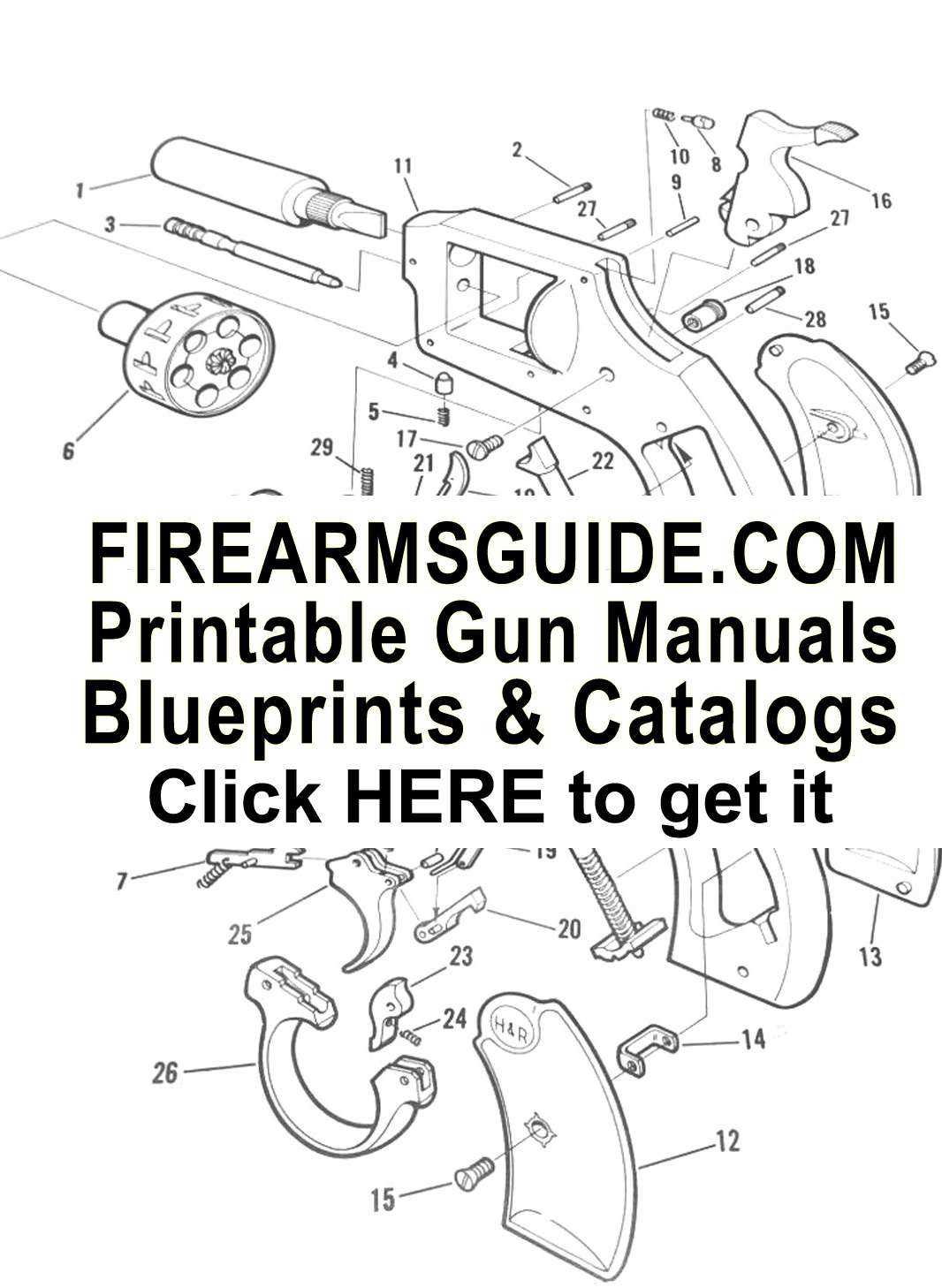
When handling any firearm, safety remains paramount. Familiarity with the mechanisms and operation of this particular model is crucial to ensuring safe usage. Proper storage, regular maintenance, and understanding the functionalities are all integral to responsible ownership. The inclusion of various safety features further enhances its reliability, providing peace of mind to users.
Overview of the Stevens 320 Design
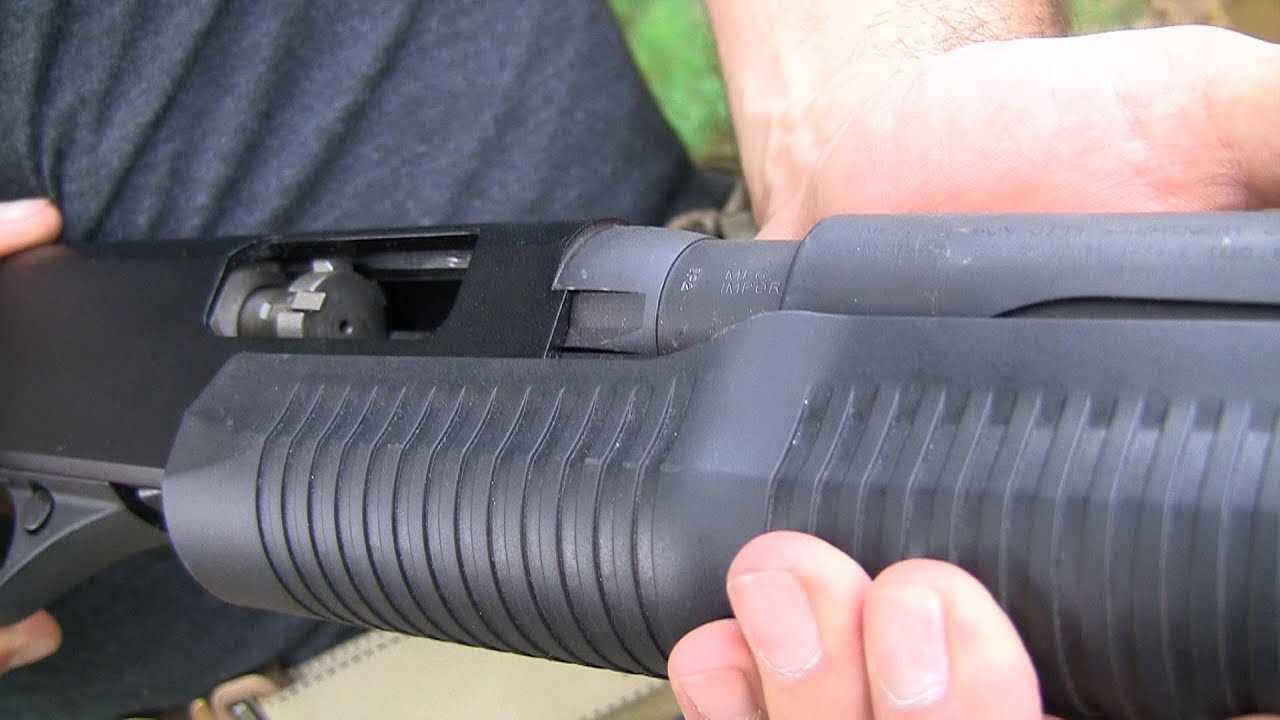
This section explores the fundamental architecture and engineering principles behind a specific firearm model, focusing on its unique features and functionality. The design is celebrated for its reliability and user-friendly characteristics, making it a favored choice among enthusiasts and professionals alike.
Key Features
The firearm boasts a robust build, ensuring durability in various conditions. Its innovative mechanism allows for smooth operation, enhancing the overall shooting experience. The thoughtful layout contributes to ease of maintenance, allowing users to perform necessary upkeep effortlessly.
Historical Significance
Originating in a pivotal era of firearm development, this model reflects advancements in technology and design philosophy. Its impact on the market is notable, influencing subsequent generations of similar designs and establishing a benchmark for quality and performance.
Key Features of Stevens 320 Parts
This section explores the essential characteristics that define the components of a popular shotgun model. Understanding these features can enhance the overall experience and performance, ensuring users can make informed choices for maintenance and upgrades.
Durability and Reliability
The components are crafted from high-quality materials, designed to withstand rigorous use while maintaining optimal performance. Their construction ensures longevity, making them a trusted choice for both novice and experienced users.
Customization Options
Various interchangeable elements allow for personalization, catering to individual preferences in handling and aesthetics. This adaptability enhances user satisfaction by providing a tailored shooting experience.
| Feature | Description |
|---|---|
| Material Quality | High-grade steel and synthetic options for enhanced strength. |
| Interchangeability | Compatible parts for easy upgrades and modifications. |
| Ease of Maintenance | Designed for straightforward cleaning and upkeep. |
Importance of a Parts Diagram
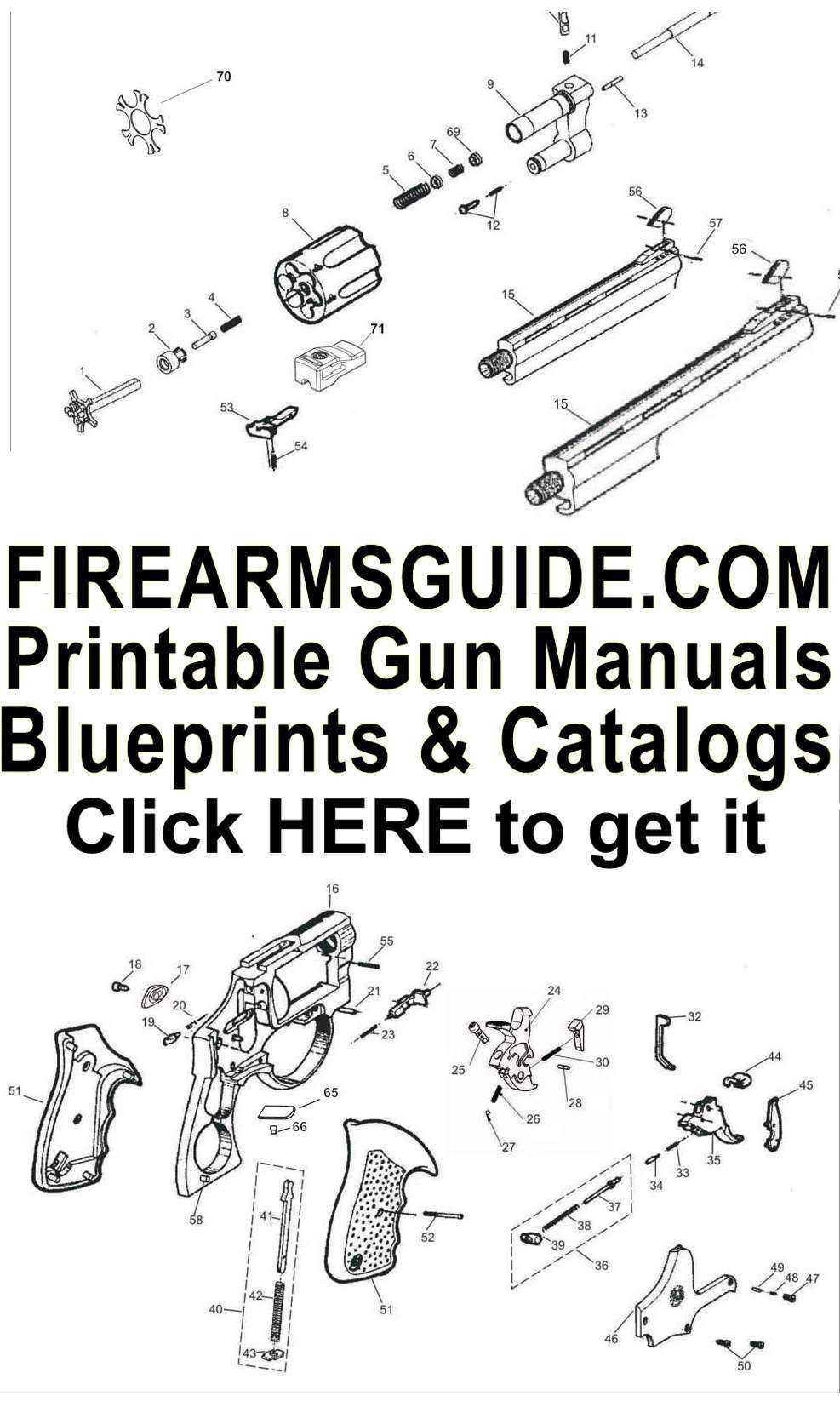
Understanding the components of a mechanical system is crucial for effective maintenance and repair. A visual representation of these elements not only aids in identifying each piece but also enhances the overall efficiency of the troubleshooting process. By having a clear layout, users can quickly pinpoint issues and understand how various parts interact with one another.
Moreover, such illustrations serve as essential tools for both novice and experienced technicians. They simplify the process of reassembling equipment, ensuring that every component is correctly positioned. This minimizes the risk of errors and extends the lifespan of the machinery by promoting proper handling and installation practices.
In educational settings, these visual guides can enhance learning experiences. They provide a clear reference that helps students and trainees grasp complex concepts related to mechanical systems. By delving into these illustrations, individuals can develop a more comprehensive understanding of how different elements contribute to the overall functionality of a device.
Ultimately, having access to these resources supports both individual users and professional mechanics in achieving their goals. It streamlines operations, enhances knowledge retention, and fosters a more organized approach to equipment management.
How to Read the Parts Diagram
Understanding a schematic representation of components can greatly enhance your ability to identify and locate various elements within a mechanical assembly. Familiarity with these illustrations not only aids in maintenance but also improves your overall comprehension of how different sections interact and function together.
Key Elements to Look For
Start by examining the labels associated with each component. These identifiers often correspond to specific numbers or letters that link to a detailed list or catalog. Recognizing these notations is crucial for sourcing replacements or understanding assembly instructions. Additionally, pay attention to any color coding or symbols, as they frequently indicate particular categories or functions, streamlining your search process.
Navigating the Layout
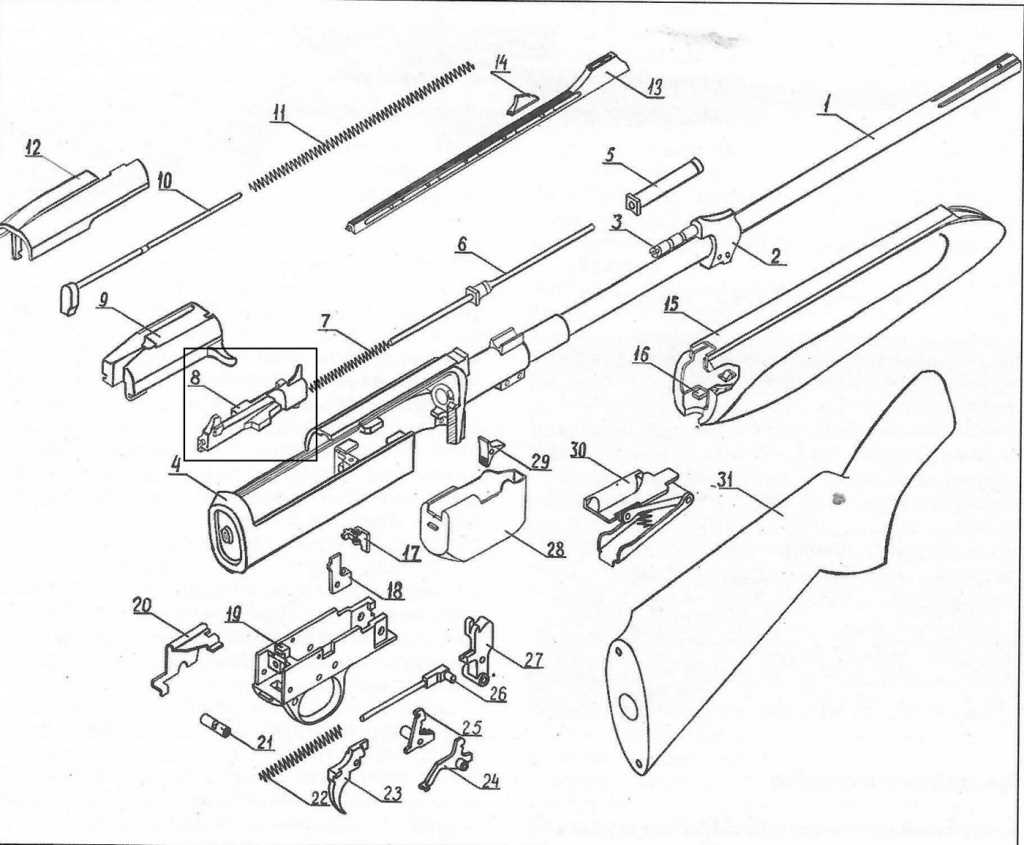
The arrangement of the illustration typically follows a logical flow, often mirroring the physical layout of the assembly. Look for sections grouped by functionality, as this can help you locate related components more efficiently. Understanding the orientation and connections between parts can also assist in troubleshooting issues, making it easier to pinpoint areas that may require attention or repair.
Common Replacement Parts for Stevens 320
When maintaining a reliable firearm, knowing which components often require substitution is essential for optimal performance. Certain elements tend to wear down over time and can benefit from timely replacement, ensuring both functionality and safety.
| Component | Common Issues | Replacement Frequency |
|---|---|---|
| Trigger Assembly | Reduced responsiveness | Every 5,000 rounds |
| Firing Pin | Failure to ignite | Every 10,000 rounds |
| Extractor | Jammed cartridges | As needed |
| Recoil Spring | Inconsistent cycling | Every 3,000 rounds |
| Forend | Loose fit | As needed |
Maintenance Tips for the Stevens 320
Regular upkeep is essential for ensuring optimal performance and longevity of your firearm. By following a few key practices, you can keep your equipment in prime condition, enhancing both safety and functionality.
- Cleaning: Regularly clean your weapon after use to remove residue and prevent corrosion.
- Lubrication: Apply appropriate oils to moving parts to minimize friction and wear.
- Inspection: Periodically check for any signs of damage or wear, particularly on the trigger and barrel.
- Storage: Store in a cool, dry place to avoid moisture buildup that can lead to rust.
Implementing these practices will help you delve into the nuances of care, ensuring your firearm remains reliable for years to come.
Identifying Parts by Diagram Reference
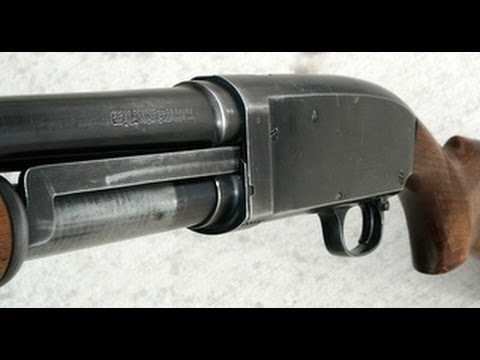
Understanding the components of a mechanical assembly can be a complex task. Utilizing visual references can significantly simplify this process, allowing users to locate and recognize individual elements with greater ease. This approach not only enhances comprehension but also aids in effective maintenance and repair tasks.
Using Visual Guides for Component Recognition
Visual representations serve as invaluable tools for identifying various components within a system. Each segment is often labeled with a specific number or letter, facilitating quick reference. By cross-referencing these labels with a list of parts, individuals can efficiently pinpoint the required item, reducing the likelihood of errors during reassembly or repair.
Benefits of Accurate Identification
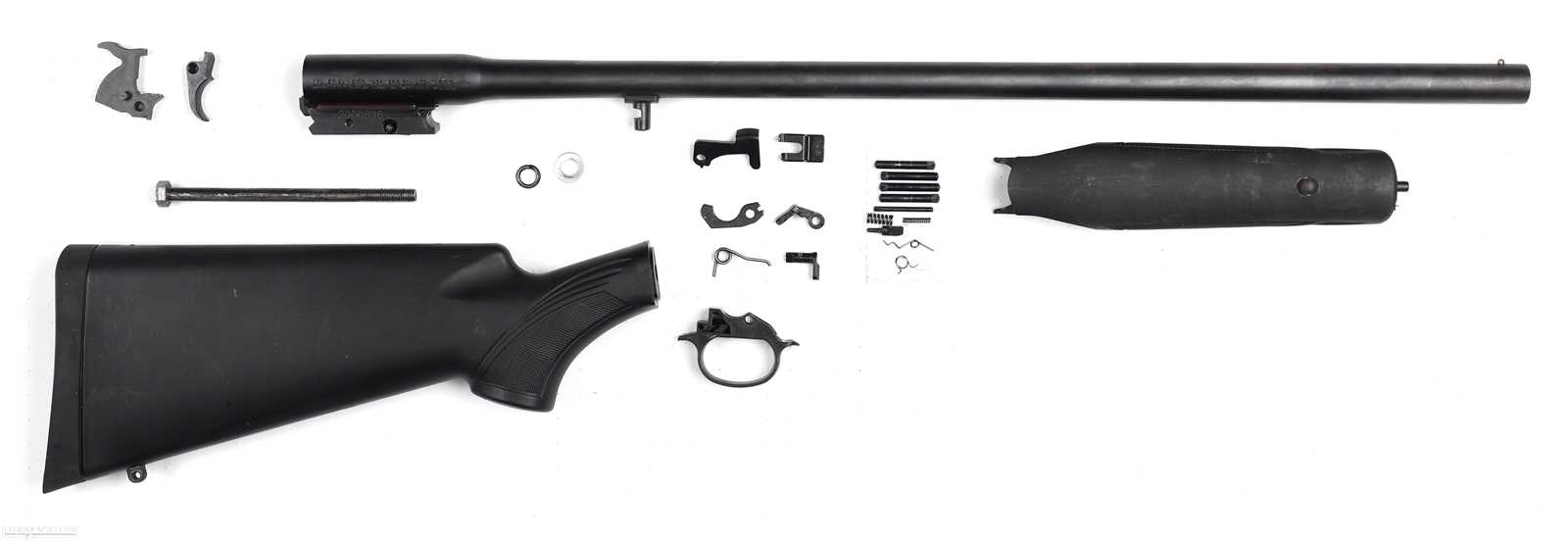
Accurate recognition of each component contributes to better overall performance and longevity of the assembly. Clear identification allows for targeted maintenance, ensuring that any worn or damaged items are promptly addressed. Additionally, this clarity fosters a deeper understanding of the system’s operation, empowering users to engage with their equipment more confidently.
Where to Purchase Stevens 320 Parts
Finding replacement components for your firearm can be essential for maintenance and optimal performance. Various sources offer high-quality items to ensure your equipment functions reliably. Whether you’re seeking OEM options or aftermarket alternatives, there are numerous avenues to explore.
Online Retailers
Numerous online platforms specialize in firearm accessories, providing a vast selection of components. Websites like Brownells and MidwayUSA frequently stock necessary items. Ensure you check customer reviews and ratings to gauge product quality before making a purchase.
Local Gun Shops
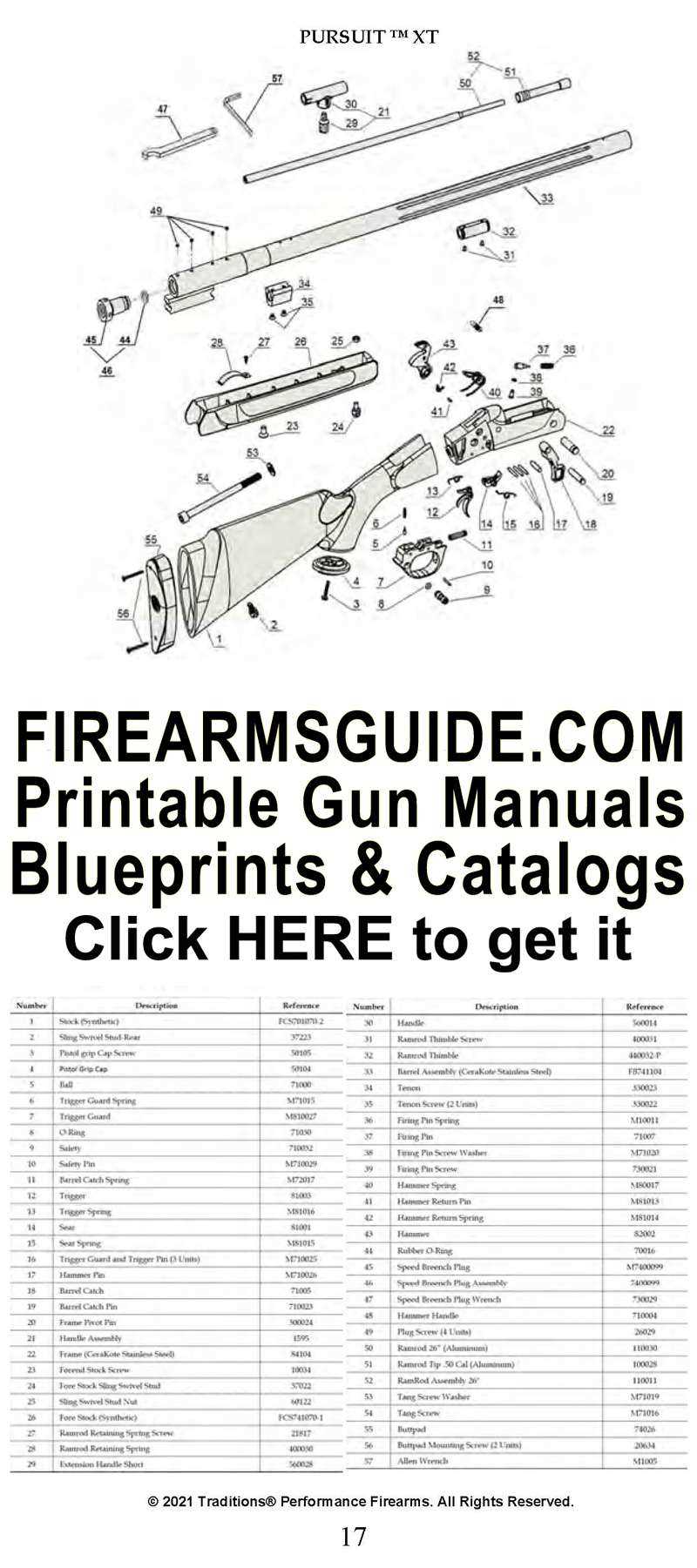
Visiting local gun stores can be beneficial as they often have knowledgeable staff who can assist with specific needs. They may also provide recommendations for reliable suppliers. Establishing a relationship with your local shop can lead to finding rare items more easily.
Repairing Your Stevens 320: A Guide
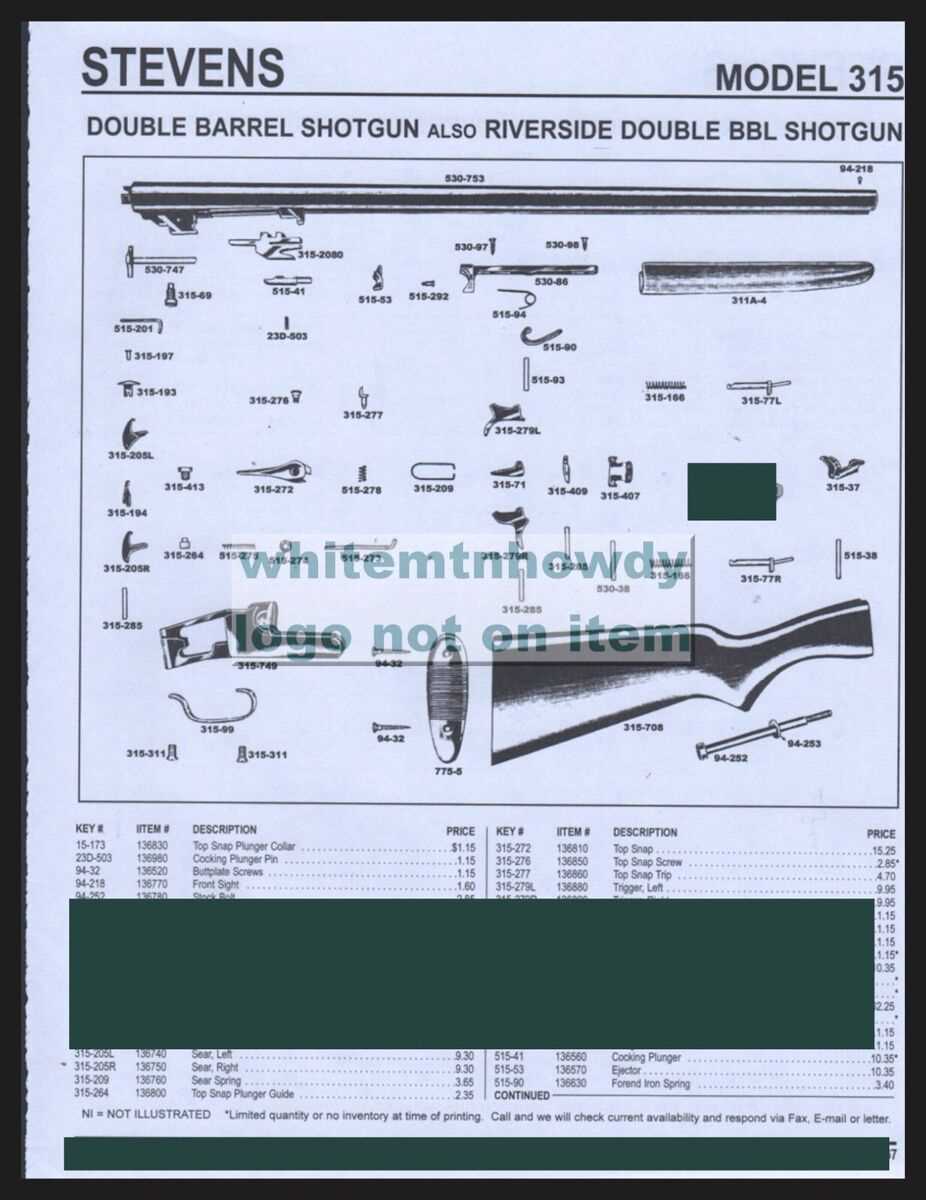
Maintaining your firearm is crucial for ensuring its longevity and optimal performance. This guide will walk you through essential steps to troubleshoot and repair your weapon effectively. Whether you are addressing minor issues or conducting a more thorough examination, understanding the inner workings will enhance your experience and safety.
Identifying Common Issues
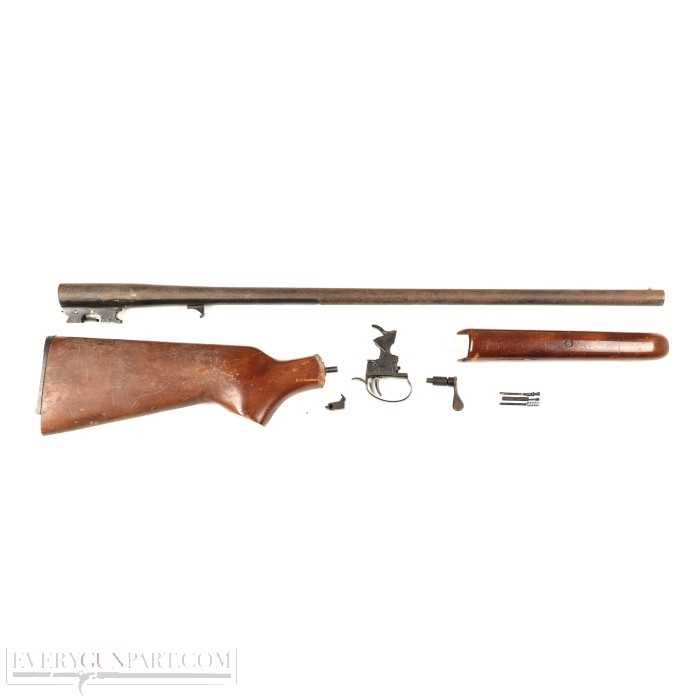
Start by observing any unusual behavior. Problems such as jamming, misfires, or failure to eject can often be attributed to specific components. Regularly inspect the mechanism for wear and tear, ensuring all parts are functioning smoothly. Cleaning is a vital aspect of maintenance; dirt and debris can significantly affect performance. A well-maintained weapon will operate more reliably.
Step-by-Step Repair Process
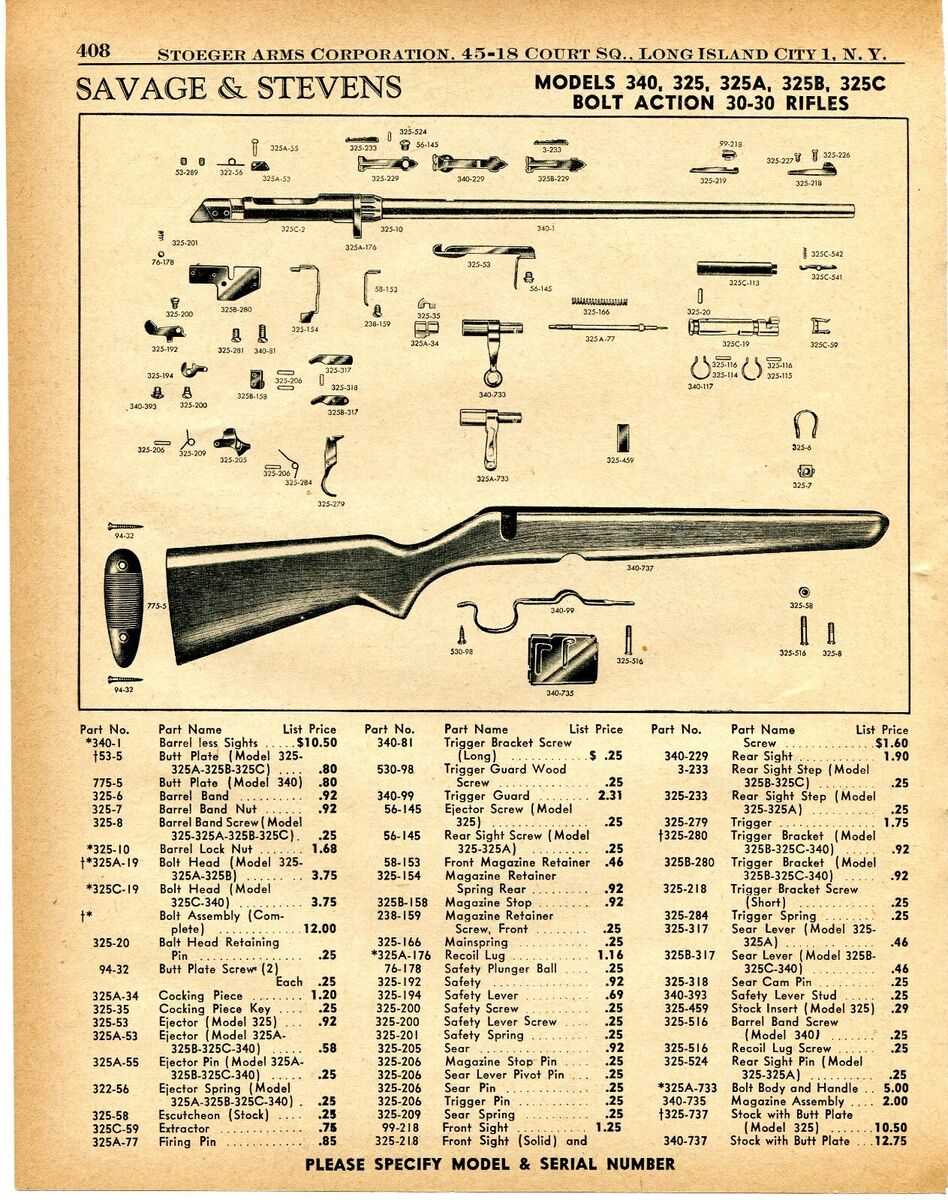
When it comes to repairing, take a systematic approach. Begin by disassembling the firearm according to the manufacturer’s instructions. Organize the components to avoid losing any pieces. After thorough cleaning, inspect each part for damage or wear. Replacing faulty components with quality replacements is essential. Once repairs are completed, reassemble carefully and conduct a function check to ensure everything operates as intended.
Resources for Stevens 320 Enthusiasts
For those passionate about their favorite firearm model, a wealth of materials is available to enhance knowledge and skills. From manuals to community forums, enthusiasts can find various resources to support their interests and maintenance practices. Accessing the right information is crucial for both novice and experienced users, ensuring they can fully appreciate the intricacies of their equipment.
| Resource Type | Description | Link |
|---|---|---|
| User Manuals | Official documentation detailing operation and care. | View Manuals |
| Community Forums | Online platforms for discussion and knowledge sharing among enthusiasts. | Join Forums |
| Repair Guides | Step-by-step instructions for troubleshooting and repairs. | Access Guides |
| Parts Suppliers | Vendors specializing in replacement components and accessories. | Find Suppliers |
| Video Tutorials | Visual guides covering a range of topics from maintenance to upgrades. | Watch Tutorials |